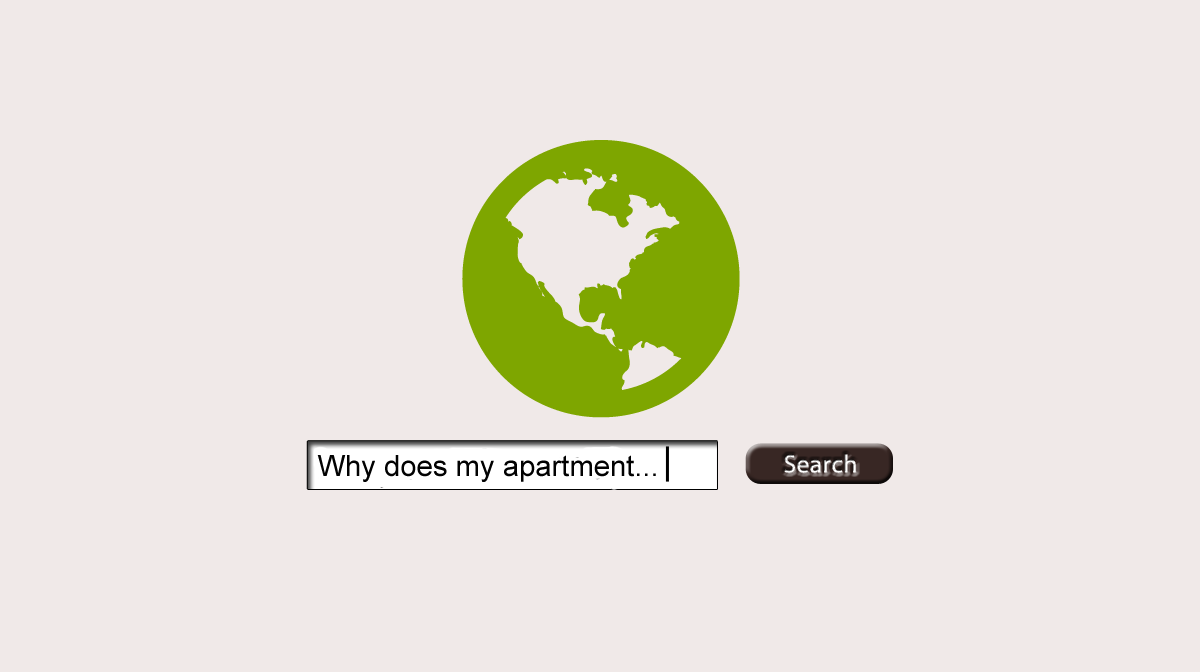We spend a lot of time talking about bad landlords here at RentConfident. After all, our business exists to protect tenants from the worst of the bunch. But we also do make a point to give credit when it's due for the Chicago landlords that are working hard and doing their best to stay afloat in the face of incredibly dense legislation and ever-rising costs.
As we head into tax season, those costs are a focal point for folks on both sides of the rental industry. With that in mind, today we'll be comparing the cost of being a homeowner vs being a landlord in Chicago by comparing the operating costs of two buildings sitting side by side. I'm not going to do an apples-to-apples comparison here. This is not about the difference between a single family home and a two-flat. This is more about the difference between housing as a personal thing and housing as a business.
Building #1 will be a single family home, owned and occupied by a family of four.
Building #2 will be a much larger apartment building. Of course, there are many different styles of apartment buildings, from tiny two-flats to enormous high rises. For the sake of keeping it real and something I can estimate, we'll focus on something very familiar to me - a vintage courtyard style apartment building with about 30 units. Like most buildings of this caliber, it has steam heat included in the rent, no air conditioning and no parking lot.
Let's choose a neighborhood that's not too upscale, not too troubled, with reasonably good schools and acceptable crime rates - a side street in Ravenswood will do nicely.
In order to obtain all the data I needed, I've had to base my numbers on a combination of a handful of properties in that area along with some usage statistics for things like water and gas costs. In both cases the buildings are fictional, but the numbers come from real research. I have done some rounding and adjusting for inflation, so if you're a homeowner, home buyer or landlord I would not suggest using these numbers for budgeting.
First let's compare the fixed costs - the ones that are pretty consistent every month. Continue reading Where Does Your Rent Payment Go? What it Costs to be a Landlord in Chicago




![[Humor] Crazy party? Wrecked your apartment? No worries! We’ve got a form for that.](https://blog.rentconfident.com/wp-content/uploads/sites/6/2016/03/St-patricks-day.png)

